Gaseous Electronics —— Tables, Atoms, and Molecules
----- 气态电子
With the constant emergence of new research and application possibilities, gaseous electronics is more important than ever in disciplines including engineering (electrical, power, mechanical, electronics, and environmental), physics, and electronics. The first resource of its kind, Gaseous Electronics: Tables, Atoms, and Moleculesfulfills the authorvision of a stand-alone reference to condense 100 years of research on electron-neutral collision data into one easily searchable volume. It presents mostf not allf the properly classified experimental results that scientists, researchers, and students require for a theoretical and practical understanding of collision properties and their impact. An unprecedented collection and analysis of electron neutral collision properties This book follows a new user-friendly format that enables readers to easily retrieve, analyze, and apply specific atomic/molecular information as needed. In his previous work, Gaseous Electronics: Theory and Practice, the author first explored electroneutron interactions. To clarify the complex fundamental processes involved, he cited as much experimental data on atoms and molecules as limited space would allow. Completing that task, this handy reference more fully compiles essential revised data on more than 420 atoms and molecules, arranging it into easily digestible chapters, sections, and appendices. Analysis parameters include total scattering, ionization, excitation, attachment cross sections, ionization and attachment coefficients, attachment rates, and ion drift velocity. Some recent research areas in gaseous electronics include: Environmentally efficient and protective lighting devices Plasma research for power generation and space applications Medical applications (some involving skin treatment and healing) Written entirely in SI units, the book includes hundreds of tables, figures, and specially drawn charts, with data expressed in both tabular and graphical form. Each chapter stands independently and contains references for further research.
{{comment.content}}
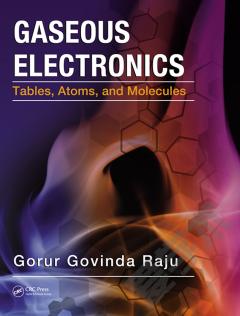
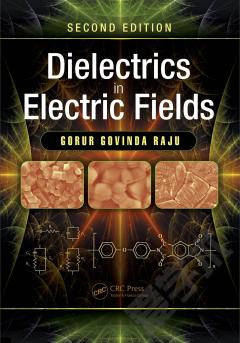


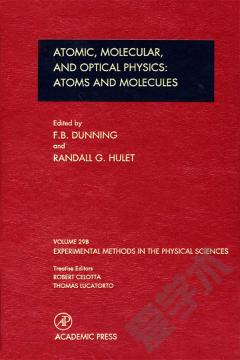
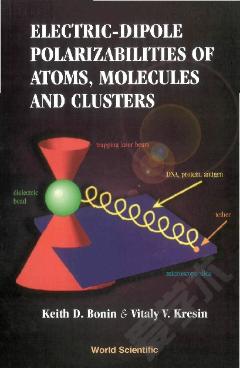
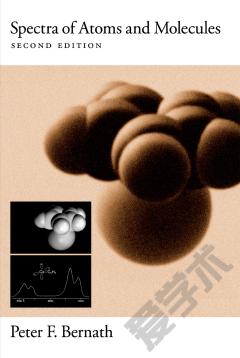

 京公网安备 11010802027623号
京公网安备 11010802027623号